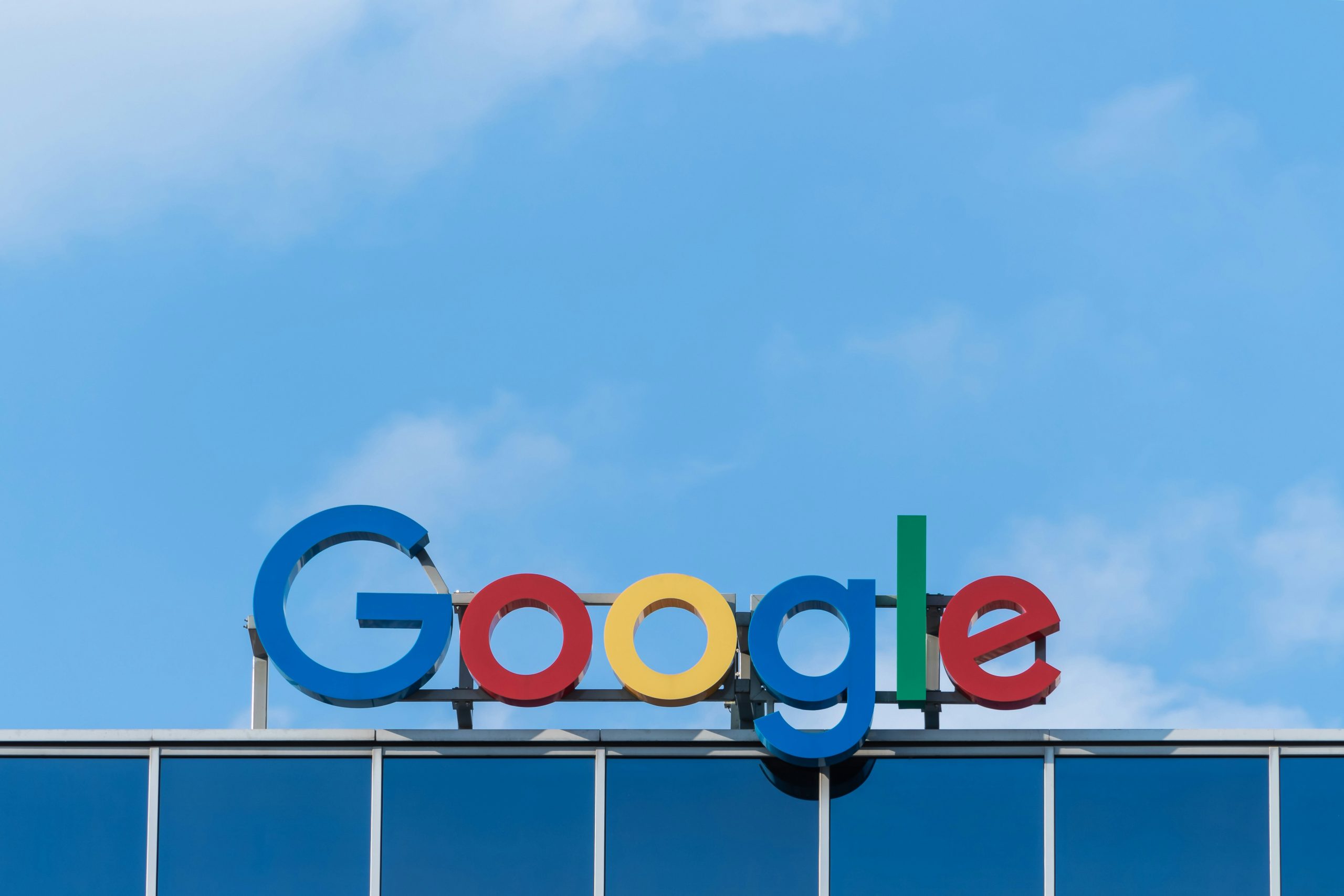Just one month after Google (GOOGL) lost an antitrust trial over its monopoly in the online search market, the tech giant is facing a second major competition case surrounding its search dominance. A trial starting this week (Sept. 9) will see Judge Leonie Brinkema, a federal judge in Virginia, determine whether the company is illegally monopolizing the digital advertising industry.
Google is no stranger to antitrust scrutiny—in August, another federal judge ruled it had built up an unfair position in the online search market. The company has previously faced a bevy of antitrust probes over issues like its app store operations and the Android mobile operating system.
This time, Google is being investigated for its outsized position in digital advertising. The ongoing trial stems from a federal antitrust suit last year that claimed the company unfairly controlled both the supply and demand of online advertising through its monopoly of the “ad tech stack” used by digital publishers and advertisers—in part as a result of its acquisitions of other ad tech companies.
Losing the case could see Google’s ad tech business broken up, which would lead to wide-ranging ramifications across the tech and ad market. Google has been a major player in online advertising for decades. Its advertising revenue reached over $200 billion last year, accounting for more than two-thirds of the company’s total revenue.
Here’s a look at the timeline of events leading up to Google’s ad tech case:
2008: Google acquires DoubleClick
Google’s purchase of DoubleClick, a publisher ad server, constitutes one of the most significant aspects of the ongoing antitrust trial. The $3.1 billion acquisition of DoubleClick in 2008 “vaulted Google into a commanding position over the tools publishers use to sell advertising opportunities” and “set the stage for Google’s later exclusionary conduct across the ad tech industry,” according to the antitrust suit filed more than a decade later. The Federal Trade Commission (FTC) investigated Google’s acquisition at the time and ultimately allowed the tech company to proceed with its purchase.
2009-2011: Ad tech purchases proliferate
Google didn’t stop at DoubleClick. It built an ad tech empire over the following years, making a series of acquisitions to bolster its intermediary position between advertisers and publishers. In 2009, it purchased AdMob, a system allowing publishers of mobile apps to sell ads, for $750 million. The following year, it took over Invite Media, a bidding exchange for display advertising, for $81 million. And in 2011, Google bought the yield manager AdMeld for $400 million.
2016: Google begins combining user data
At the time of Google’s 2008 DoubleClick acquisition, its privacy policies prevented Google from combining user data from external websites with those from Google properties. This changed in 2016, according to the antitrust suit. Google allegedly amended its policy and began combining user data, a decision that helped it target advertising to users “in ways no one else in the industry could absent the acquisition of monopoly—or at least dominant—positions in adjacent markets such as Search,” according to the suit.
2023: The Justice Department files an antitrust action
In January 2023, Google’s ad tech dominance finally came to a head. The U.S. Department of Justice and eight states filed an antitrust suit in a federal district court in Virginia, accusing Google of unfairly dominating the online advertising market. Through its “longstanding monopolies in digital advertising technologies,” the company, on average, pockets more than 30 percent of ad dollars from its various ad tech products, according to the suit.
2024: Google fights for a bench trial
The government initially intended for its antitrust lawsuit to be heard by a jury this fall, as the suit included a damages claim. In July, Google managed to avoid a jury trial by handing over a $2.3 million check covering requested damages and interest, therefore ensuring the case would be heard by a judge instead. The case, which started this week, is expected to run for several weeks.

